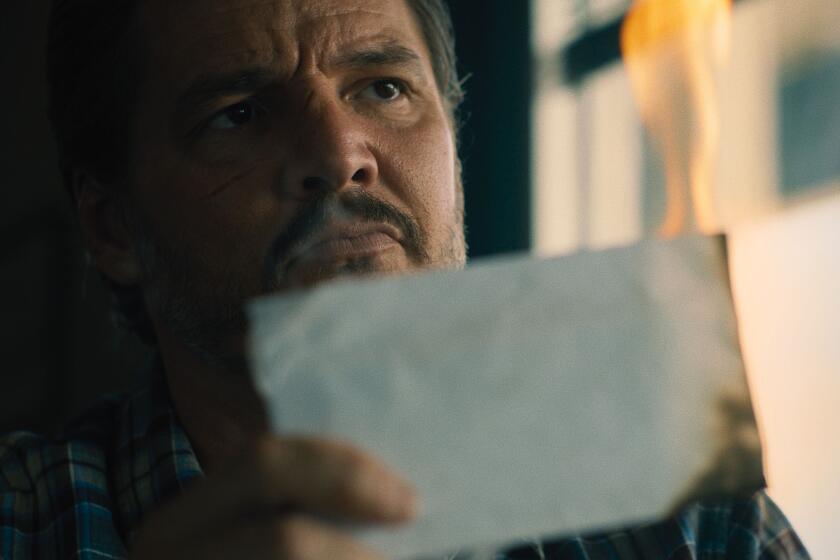Movie Reviews : A Contrived Premise in ‘Seven Hours to Judgment’
- Share via
In “Seven Hours to Judgment” (citywide) Beau Bridges proves to be just as versatile a director as he is an actor, but in both roles he’s shot down by a contrived, numskull script. It’s a shame, because Bridges is as adept at hard action as he is in quiet, intimate scenes and clearly has a flair for the visual and a strong sense of pacing.
Bridges casts himself as a judge who must reluctantly set free a gang because the district attorney hasn’t come up with enough evidence to convict its members for a vicious attack on a woman. When she dies, her already distraught husband (Ron Leibman) goes off the deep end and kidnaps Bridges’ wife (Julianne Phillips), telling Bridges he has but seven hours to run down a key piece of evidence that will prove the gang did in fact murder his wife. Otherwise, he’ll execute Phillips.
The production notes tell us that the film is supposed to raise questions about our judicial system, but this is nonsense--especially when the film begins with a scene in which Bridges calmly explains to Leibman that he’s come to the wrong office to submit new evidence--that he must instead go to the police. Why doesn’t Leibman take this advice?
In short, the premise for “Seven Hours to Judgment” is so inadequately established that the film rapidly becomes pointless. What would writers Walter Davis and Elliot Stephens have had the judge do otherwise? Hand down a conviction on insufficient evidence?
Actually, Bridges’ judge, who believes the thugs are as guilty as Leibman does, shows great courage in upholding the law, but for the remainder of the film he endures the punishment of a harrowing odyssey in his city’s dangerous underbelly.
More than anything else, “Seven Hours to Judgment” (rated R for standard exploitation picture violence) plays like a masochistic exercise in liberal guilt.
More to Read
Only good movies
Get the Indie Focus newsletter, Mark Olsen's weekly guide to the world of cinema.
You may occasionally receive promotional content from the Los Angeles Times.










